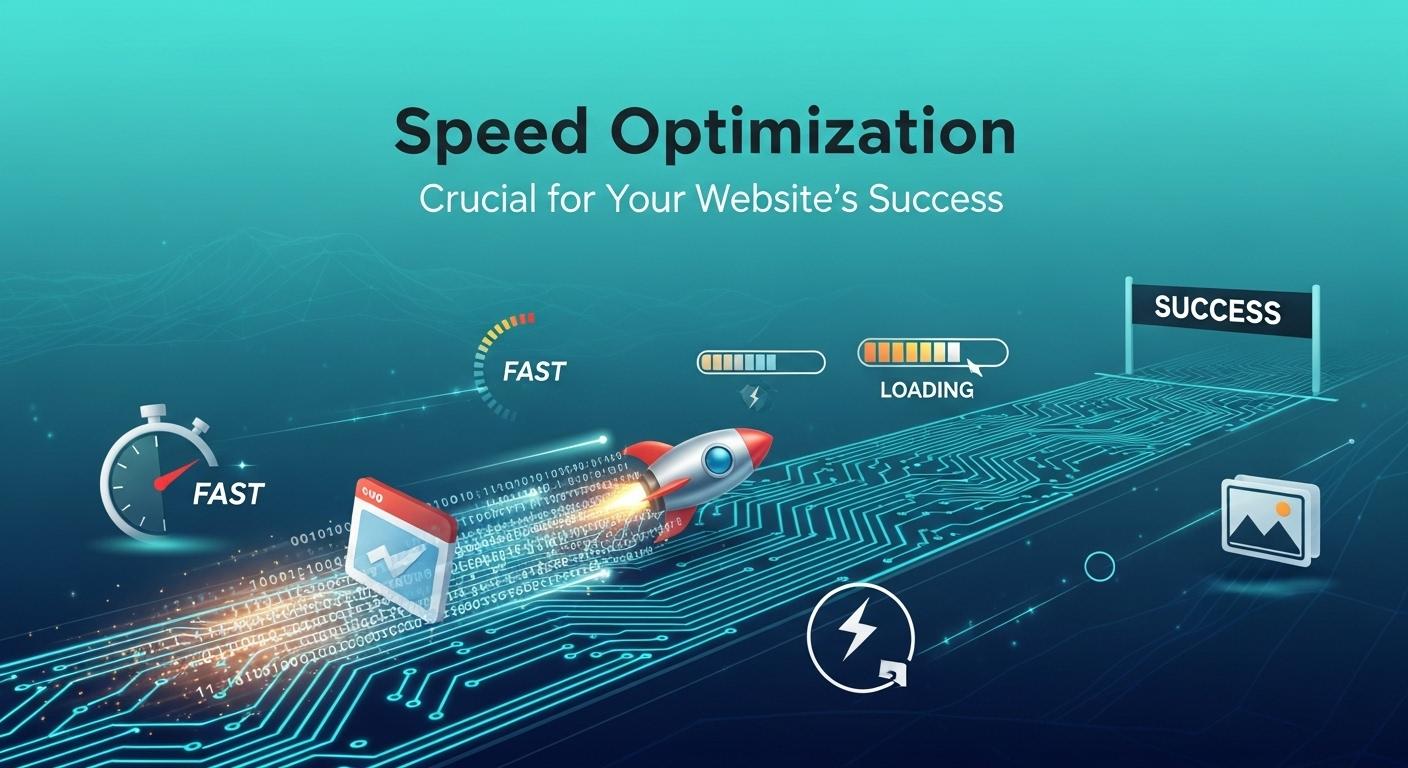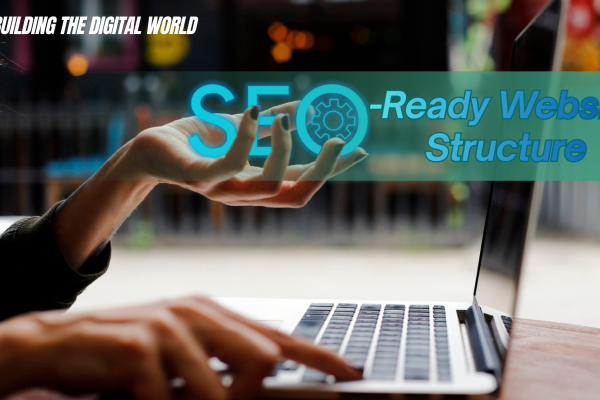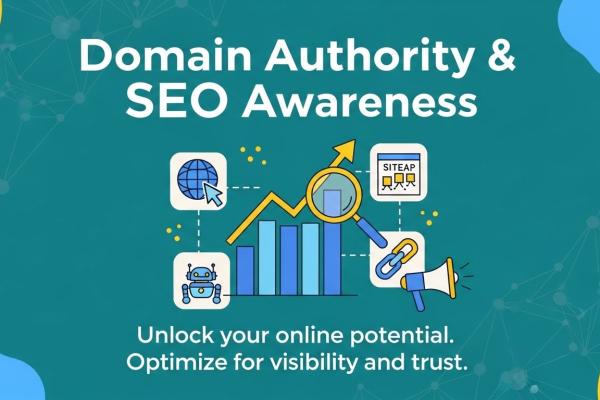
Why Speed Optimization is Crucial for Your Website’s Success
In today’s fast-paced digital world, users expect instant results. A slow website can frustrate visitors, reduce engagement, and cost you valuable business opportunities. That’s why website speed optimization is no longer optional—it’s a critical factor that directly impacts user experience, search engine rankings, and overall business

1. First Impressions Matter
Your website’s loading speed sets the tone for a visitor’s experience. Studies show that users form an opinion about a website within the first few seconds. If your site takes too long to load, most users will leave before they even see your content. A fast, smooth-loading website ensures you make a strong first impression.
2. Boosts User Experience
Nothing turns visitors away faster than sluggish navigation. A well-optimized site makes browsing seamless, keeping users engaged longer. The better the experience, the more likely customers are to trust your brand and take action—whether that’s filling out a form, making a purchase, or contacting your team.
3. Improves Search Engine Rankings
Google and other search engines prioritize speed as a ranking factor. A slow-loading website can push you down in search results, making it harder for potential customers to find you. By optimizing speed, you not only improve user satisfaction but also increase your chances of ranking higher in search engines.
4. Higher Conversion Rates
Speed directly affects conversions. Even a one-second delay in page load time can significantly reduce conversion rates. On the other hand, a lightning-fast website creates a frictionless path for users to complete actions, boosting sales, sign-ups, and inquiries.
5. Mobile Optimization is Critical
With the majority of traffic coming from mobile devices, speed optimization becomes even more important. Mobile users expect fast, responsive websites—if your site lags, they’ll quickly move on to a competitor.
6. Reduces Bounce Rate
A slow website increases bounce rates, meaning visitors leave without exploring more pages. High bounce rates can signal to search engines that your site isn’t valuable, further affecting rankings. Speed optimization keeps users on your site longer, reducing bounce rates and increasing engagement.
How to Optimize Website Speed
- Use a reliable hosting service
- Optimize and compress images
- Minify CSS, JavaScript, and HTML
- Implement browser caching and CDN
- Regularly audit and test your website performance
Final Thoughts
Website speed isn’t just a technical detail—it’s a business-critical factor that influences everything from user satisfaction to SEO rankings and revenue. By investing in speed optimization, you create a positive digital experience, build customer trust, and gain a competitive edge in your industry.
Remember, in the online world, every second counts.
Share this post:




